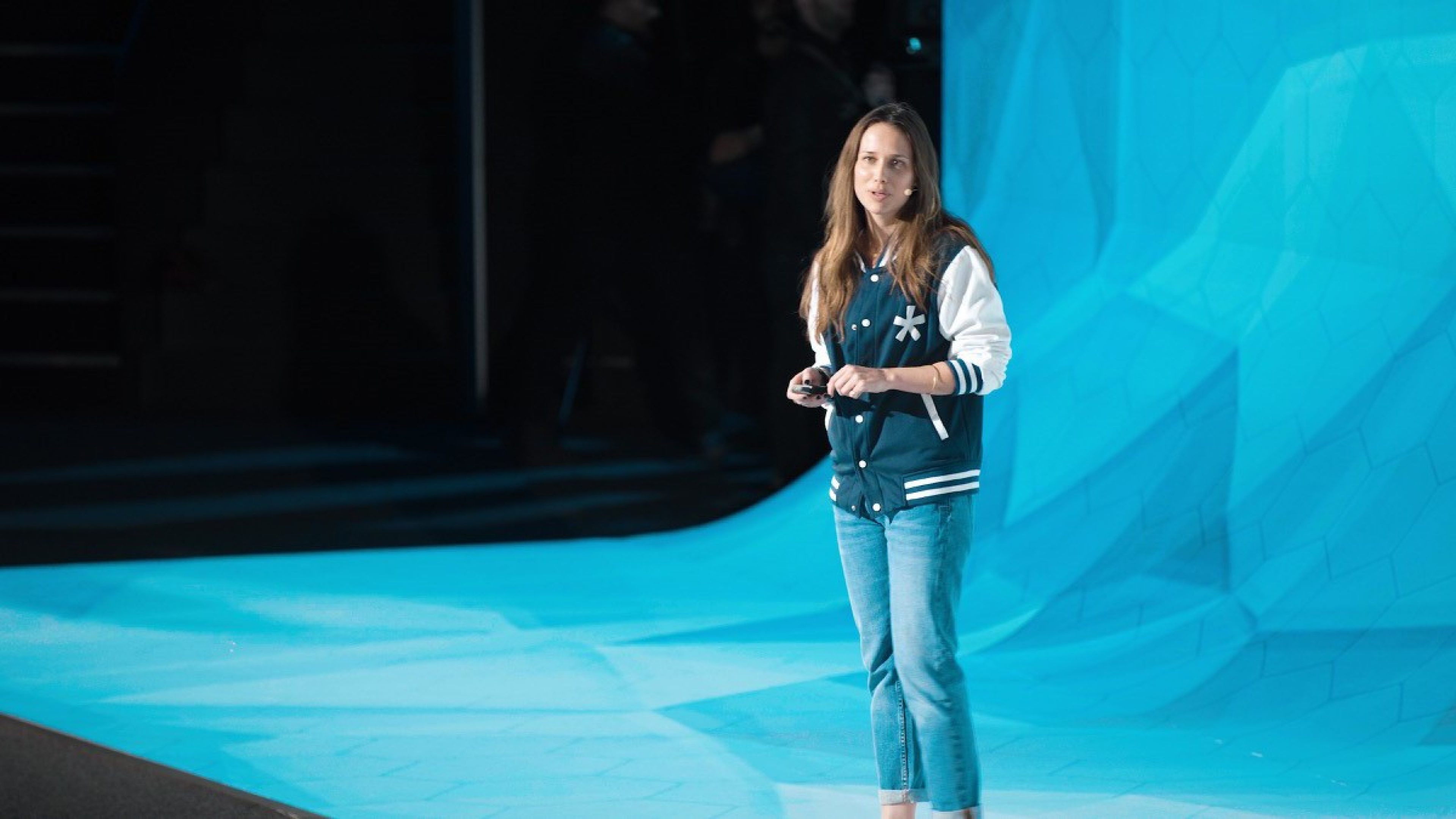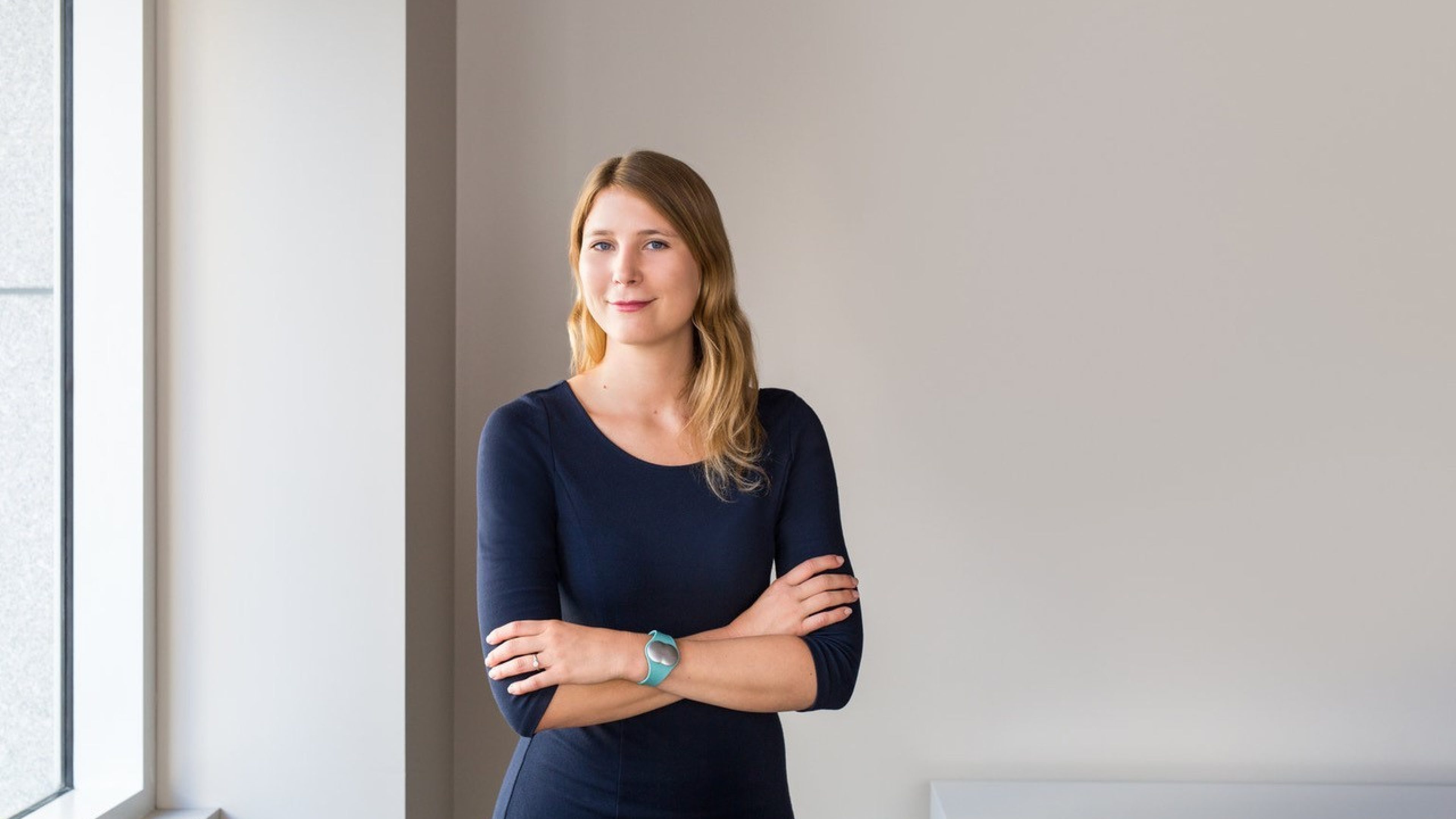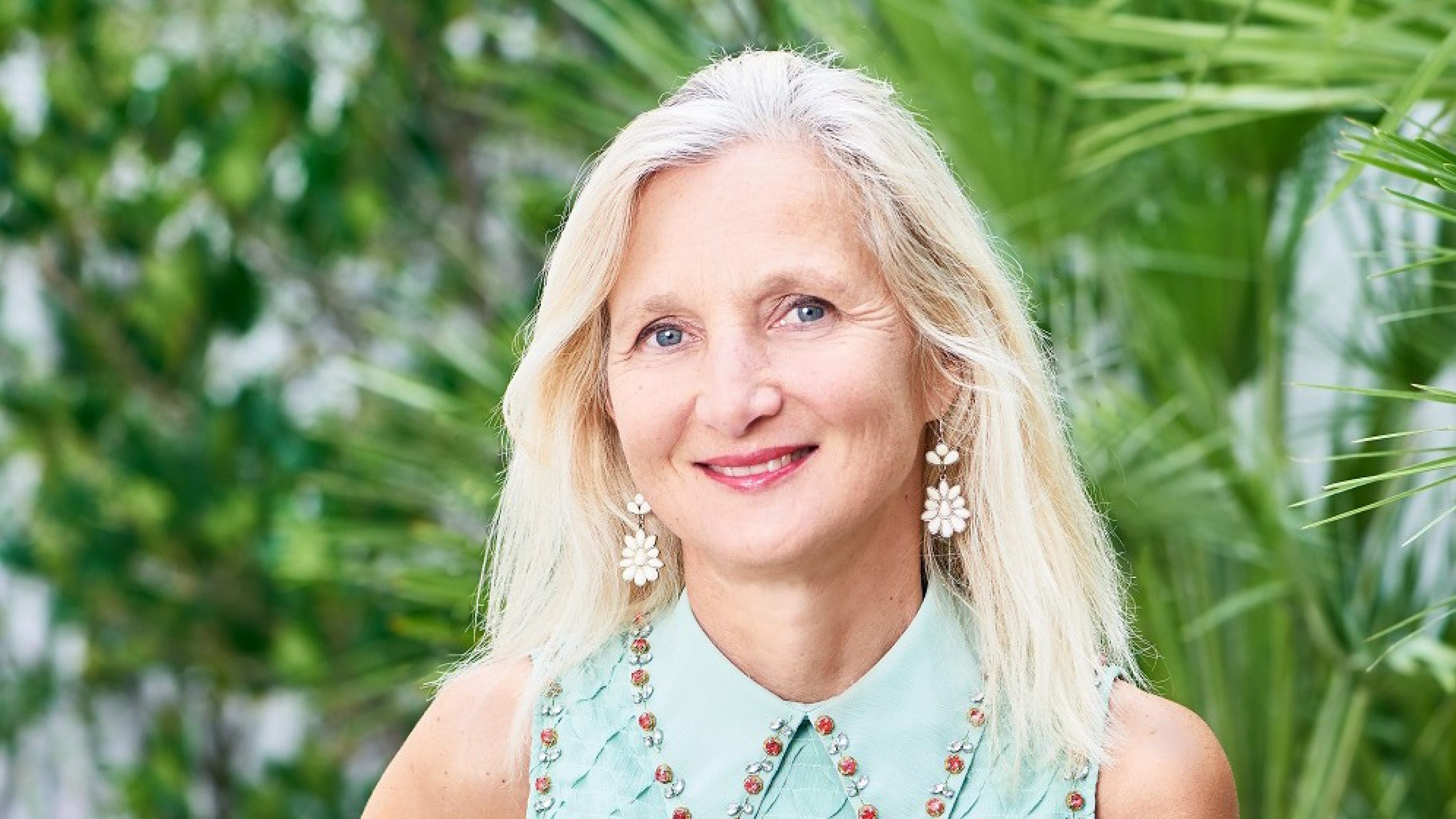She gave up a dream career in cosmetics to found the emerging markets’ largest start-up competition, earning a spot on Forbes’ list of leading social entrepreneurs under 30. French citizen Alisée De Tonnac on career decisions, the significance of self-determination to Millennials and optimism in the third world.
You were 23 years old and on the path to an excellent career at cosmetics manufacturer L’Oréal when you gave notice. Why?
When I started there, I thought that status and company name were the important elements to consider when making a career choice. That is why I worked hard on getting a nice CV with high grades and work at a well-known company. Many things led me to realise it was no longer the right fit and I remember vividly the day when the head of our division asked us: “Who amongst you wants to still be working here in the next ten years?” Everyone raised his or her hand – except for me. I realised I was maybe looking for more purpose or meaning in what I did. So I was extremely fortunate to meet my co-founders and jump at the chance of my first adventure at Seedstars without any second thoughts. However, I would like to emphasise that I learned a great deal during my time at L’Oréal and now use several of their processes within our organisation.
Instead of looking for a job somewhere else, you and your co-founders decided to launch Seedstars World, the largest start-up competition in the emerging markets. How did you realise the importance of self-determination for you?
When I first met Pierre-Alain Masson, one of my co-founders, he was like someone from outer space to me. What fascinated me the most was his ability to do what he was saying, there were no limits. No was NEVER an option. That fascinated me – and it still does. As an entrepreneur, you need to take responsibility for your decisions. You can’t hide behind the brand or cc e-mails. The feeling that you are the only one who can push a project forward is frightening – and at the same time very fulfilling.
According to studies, Millennials are mainly looking for a sense of purpose, but they also want a good work-life balance and self-determination in their job. Has your generation developed an entirely new concept of work?
I think so. Not because we’re better people, but because we were born in an era when the environmental damage caused by progress had become a visible reality and where work for the purpose of working just for someone else’s bottom line is not a motivation, and more importantly not the only option. We are also convinced that profit and purpose can go hand in hand, and so companies that don’t sincerely care about the triple bottom line – profit, planet and people – are just unattractive and completely misaligned with how we were brought up. That said, at Seedstars we are very comfortable talking about profit and we do understand that it is the oxygen for our business, so we don’t shy away from those conversations or strategies, because we are impact driven.

But there has been little change in terms of the percentage of women on the start-up scene, which remains very low.
Unfortunately, the start-up world is also shaped by our cultural legacy and the traditional division of labour, in which men focus on their jobs while women mainly take care of family duties. A second reason there are few women is their lack of interest in IT topics. But scalability and digitalisation are now the key topics on the founder scene and the private and public sector has this in their top priorities…now the question is, can they implement it.
What can be done about this situation?
At the level of Seedstars, we are trying to analyse our behaviour internally before attempting to put in place external “rules”. What I mean is that we have started to include women-only panels at our start-up pitching events, because the percentage of women in our competitions is just 10 to 20 percent. And we have also increased awareness internally by rewording our job ads so that women feel explicitly addressed. And during the application procedure we schedule several meetings for each candidate because it has been shown that women prefer this to written tests. Another point concerns salary negotiations: because men negotiate more often and more firmly we have made our team aware of steering mechanisms to help our company avoid the traditional gender pay gap.
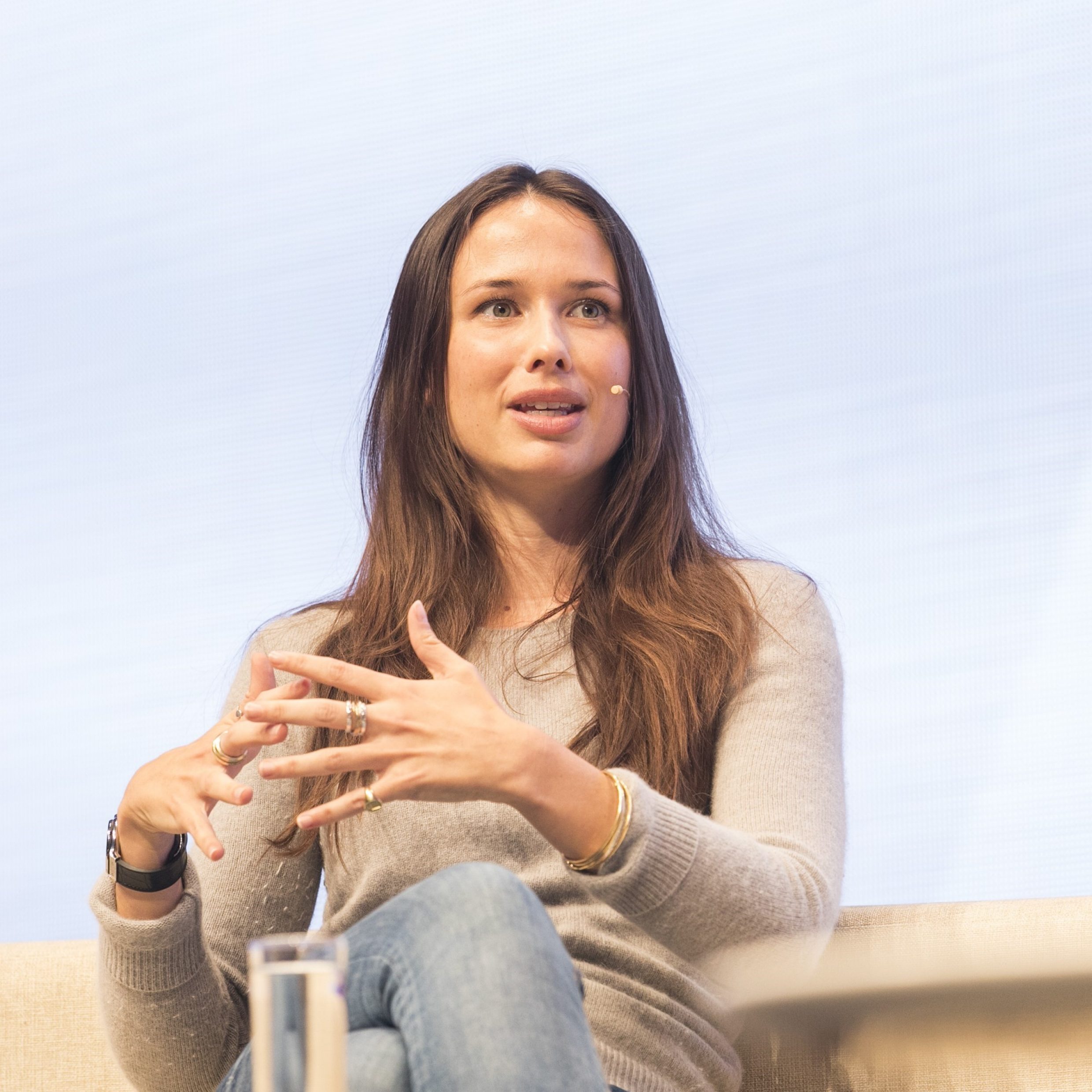
At the Seedstars competition, young entrepreneurs make pitches in more than 85 cities. Those who make the most convincing pitch receive up to USD 500K and gain access to a network of funders and companies. Why do you look for promising companies in emerging markets rather than in the wealthier west?
These regions will be home to nearly 85 percent of the world’s population by 2020 and 90% of the youth under 30 live there now, so it is difficult to continue to talk about the “rest” and the “west”. Growth is taking place in these markets and, thanks to the democratisation of technology and the rise of an entrepreneurial generation, I believe they are more and more the centres for innovation. Additionally, there was an interesting study that showed that the Millennial generation is a global movement and not a developed country construct, so you can also say we really have the rise of future, purpose-driven leaders.
You’ve travelled to more than 50 countries over the last five years. Which region has especially impressed you?
It has been fascinating to see how similar young entrepreneurs around the world are because of globalisation and digitalisation and how resolutely they pursue their goals. And I realised that these countries are, in some ways, more advanced than we are. For example, it has long been common in most emerging markets to pay by mobile phone. And the first airport for drones is opening in Rwanda in order to quickly transport blood supplies needed by hospitals. That’s exciting!
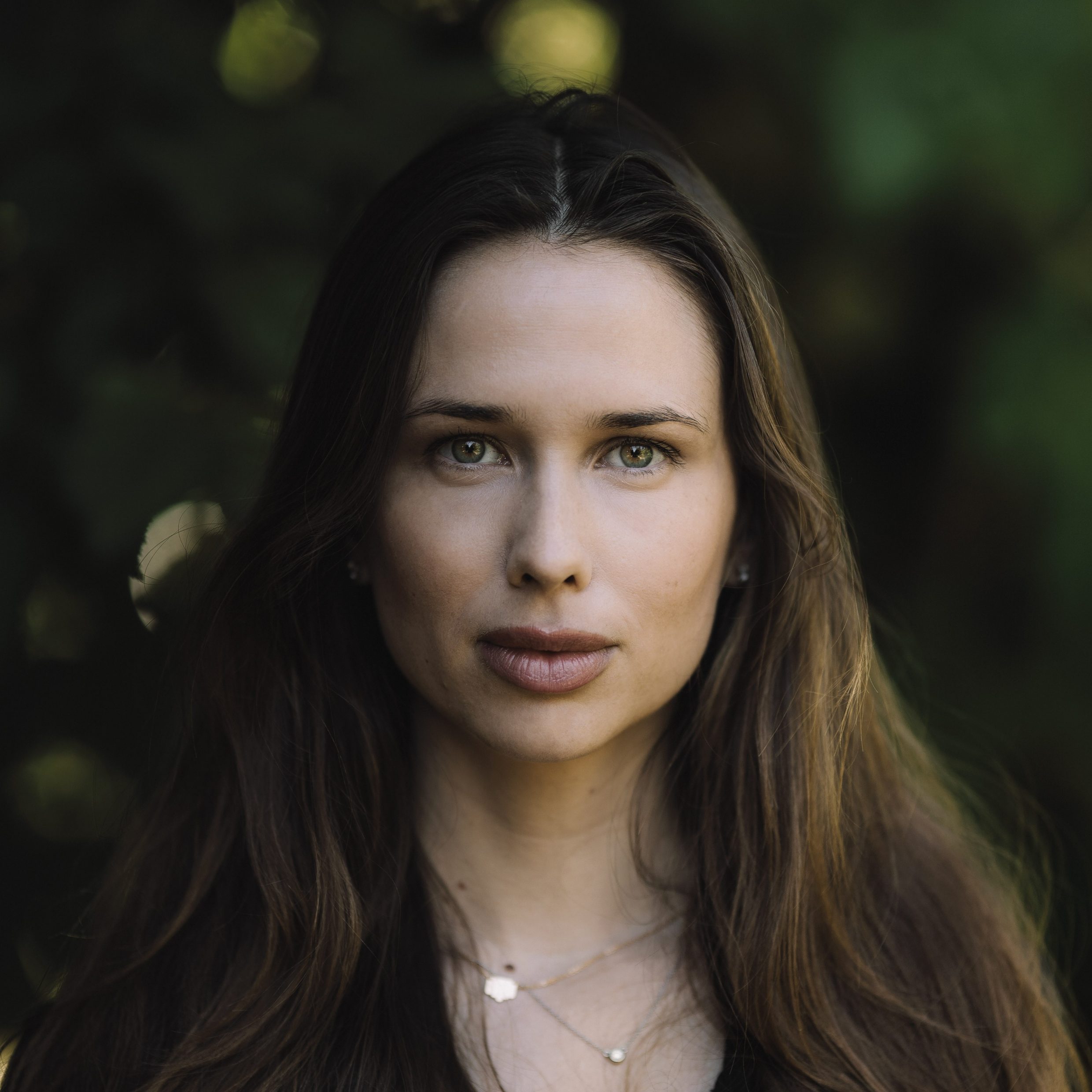
Do start-up entrepreneurs come from all levels of society?
That is not the case. Most tech entrepreneurs that we meet have the means to focus on building a start-up. However, over the past years we have worked on finding ways to support more aspiring entrepreneurs with our Investment Readiness Program and Academies. In terms of financing, we are also supporting small and medium sized businesses by providing credit. We started in Nigeria and Myanmar, which will be followed by Tanzania and Egypt.
What can we learn from young entrepreneurs from poorer countries?
What I have taken from my travels is that there is unbridled optimism, despite sometimes adverse circumstances. The entrepreneurs have a hustling attitude, they want to move forward with a lot of hope and to challenge the status quo and elevate the lives of fellow citizens.

A world citizen
Alisée de Tonnac (31) is CEO of Seedstars World, a Swiss company that looks for and supports innovative young entrepreneurs around the world. In addition to the start-up competition in more than 85 countries, Seedstars also operates an investment arm, where investors from industrial countries can support start-ups, the development of talent and infrastructure, such as co-working and training centres. Alisée de Tonnac was raised in France, Singapore and the USA; she completed her degree in business administration in Lausanne. She now lives in Geneva.
